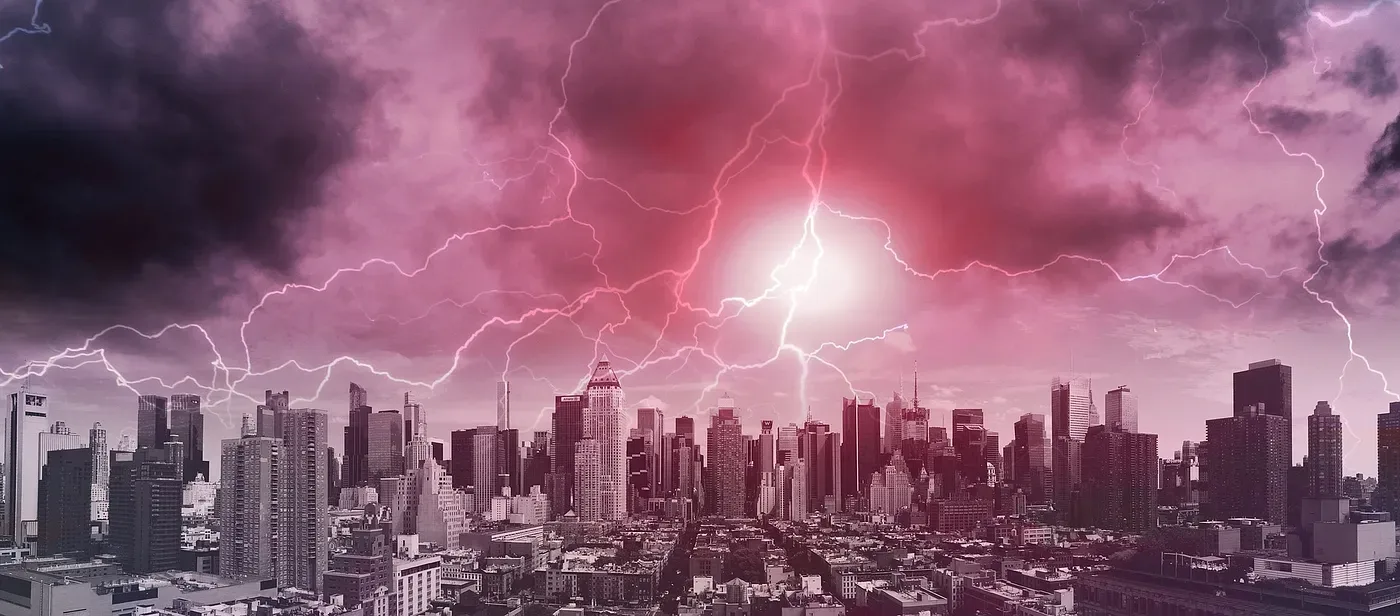When we talk about climate change, we usually talk about increasing temperatures, changing monsoons and harsh winters. But does it affect our financials as well?
To understand this in simple terms, let us discuss a few scenarios.
There is a drought prevailing in a certain region with little or no rains compared to the last few years. The farmers, as per their usual habits, plan for the crops based on the rainfall they’ve seen over the last few years and the soil which could support the crop. But with prevailing drought conditions, the output of the crops reduces therefore reducing income for the farmers and increasing prices for whatever agricultural output is produced during such times.
The same thing happens when there is excess rain and sometimes ends up wiping the total produce of the crops in that region.
Do you see what’s happening? This leads to rising prices of the food we end up consuming. That starts to resonate in what we end up paying at grocery stores & restaurants to the wages paid for employees or for services.
Also, with excess rains, you might expect the urban areas to get affected too, as in the recent case of Bangalore last year.
Here comes increasing temperatures which cause suffocation and deaths, a sudden spike in energy demands, and glaciers melting which end up causing landslides and floods. And how bad it could turn out is something we saw a few months ago in Pakistan, where one-third of the country was underwater (image by NASA below).

Such events also lead to disruption in the supply chain of goods and services, thus leading to spikes in prices across various sectors.
Each of the above-discussed situations results in financial damage to many.
You might be wondering, how much?
In the case of Bangalore floods as per Bqprime, “The Outer Ring Road Companies Associations submitted a letter to the Karnataka Chief Minister estimating a collective loss of Rs 225 crore of all the firms it represents due to the flooding of the Outer Ring Road in the city, after heavy rains on Aug. 30.”
The Pakistan ministry reports that the estimated economic loss for the floods they faced amounts to more than USD 10Bn. Imagine the loss an individual could have suffered from it, might even be erasing all their lifetime earnings too.
And we’ve just talked about one-time events that cause disasters. But we’ve got to remember that climate change also has ongoing effects like a rise in temperatures or harsh winters leading to
rising energy demand leading to higher bills, unable to work productively, suffocation and even deaths due to heat.
According to the Swiss Re Institute, the world could end up losing 10% of its GDP by 2050 due to climate change.

